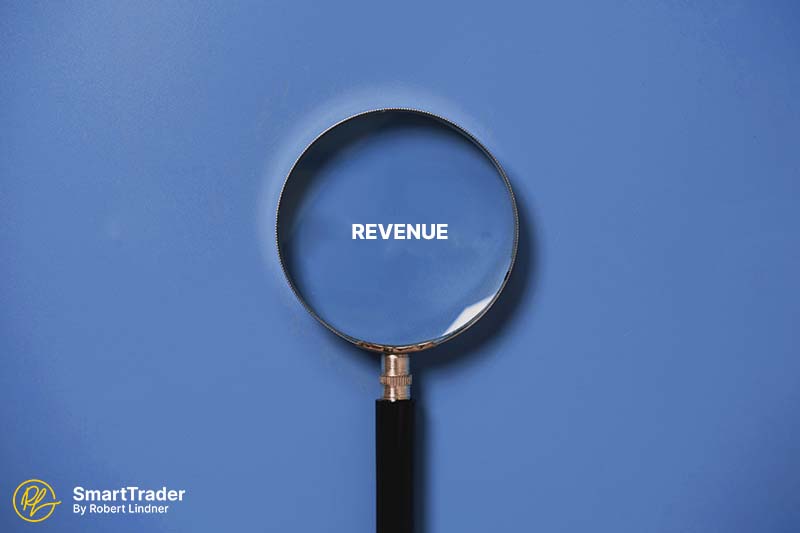[ˈrev.ən.juː]
In trading, revenue refers to the total amount of money received by a trader or a trading firm from the sale of securities or other financial instruments.
What is Revenue in trading?
In the context of trading, revenue denotes the complete sum of money obtained by a trader or trading firm by vending securities or other financial instruments. This revenue is generated from the difference between the price at which a financial instrument is bought and the price at which it is sold. This difference is called the profit or the gain.
In the financial world, revenue refers to the total amount of money earned by a company from its primary business activities, usually from the sale of goods or services. It is the income generated by a company before any expenses, taxes, or other deductions are taken into account.
It is a critical measure of a company's financial performance, as it provides an indication of the company's ability to generate income from its core business activities. It is commonly used to assess a company's growth potential, profitability, and overall financial health.
Key Takeaways
- In trading it is the total amount of money received by a trader or trading firm from selling securities or other financial instruments. It is calculated as the difference between the purchase price and the selling price of the securities or instruments traded.
- It is a key metric used to evaluate the success of a trading strategy or trading firm. It provides insight into the ability of a trader or firm to generate income from their trading activities.
- In trading, it is not the same as profit. While revenue represents the total amount of money received from trading, profit is the amount of revenue left over after deducting all expenses, taxes, and other costs associated with the trading activity. Therefore, it is important to consider both revenue and expenses when assessing the profitability of a trading strategy or firm.
- Revenue in finance is the total amount of money earned by a company from its core business activities, typically the sale of goods or services. It is the income generated by a company before any expenses, taxes, or other deductions are taken into account.
- It is a critical metric used to evaluate the financial health and performance of a company. Investors use revenue figures to assess a company's growth potential, profitability, and overall financial health.
Example
A trader purchases 100 shares of ABC Corporation at a price of $50 per share, for a total cost of $5,000. The trader then sells the shares a few days later at a price of $55 per share, for a total sale price of $5,500. The revenue generated by this trade would be calculated as the difference between the sale price and the purchase price:
$5,500 (sale price) – $5,000 (purchase price) = $500 revenue.
In this example, the trader generated $500 in revenue from the trade. However, it's important to note that this revenue does not take into account any expenses or fees associated with the trade, such as commissions or transaction costs. To determine the actual profit from the trade, the trader would need to subtract these expenses from the revenue.
Back to Glossary.






